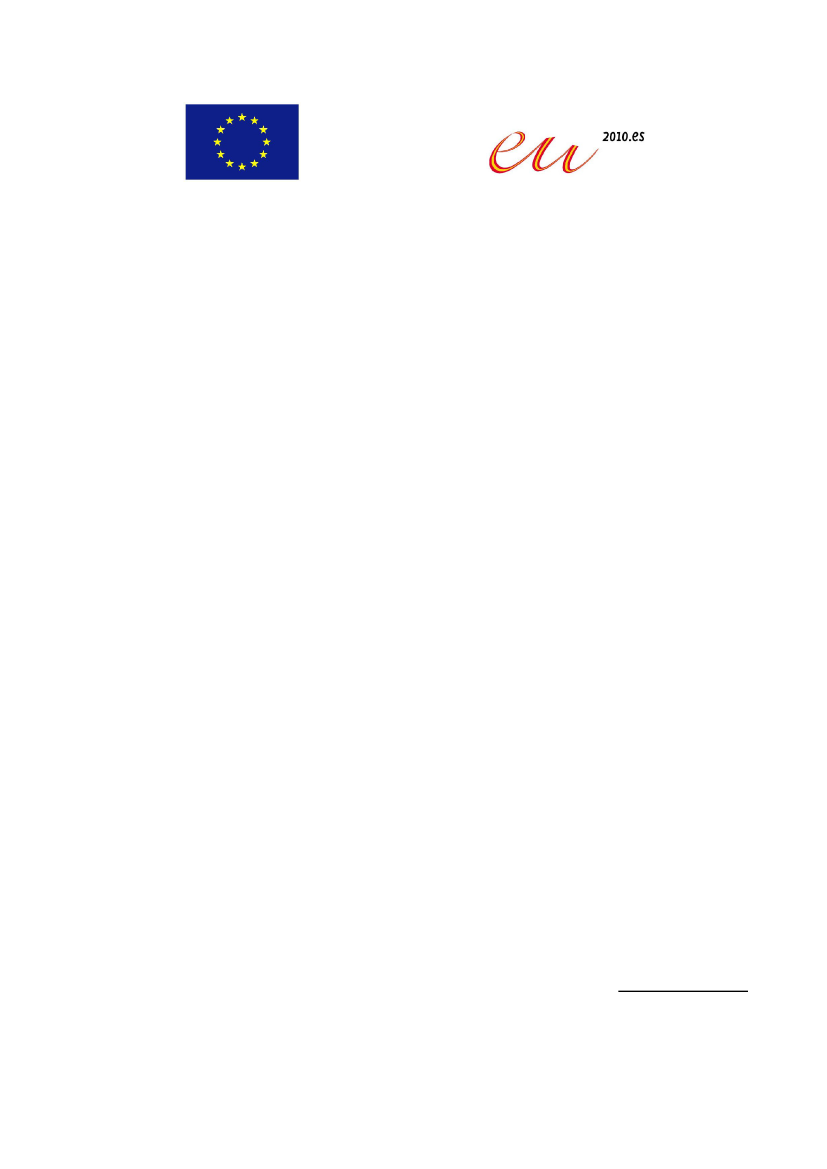Sundhedsudvalget 2009-10
SUU Alm.del
Offentligt
Delegation of the European Union
Permanent Representation of Spain
WHOExecutive Board126th Session(Geneva, 18 - 23 January 2010)
Statement byDr M. Kökény, Hungaryon behalf of the European Union
"Implementation of the International Health Regulations (2005)"(agenda item 4.2)
Geneva, 18 January 2010
Check against delivery
Geneva, 18 January 2010
WHOExecutive Board126th Session(Geneva, 18 - 23 January 2010)EU Statement"Implementation of the International Health Regulations (2005)"(agenda item 4.2)
Mr Chairman,I have the honour to speak on behalf of the European Union. The Candidate Countries Turkey,Croatia* and the former Yugoslav Republic of Macedonia*1, the Countries of the Stabilisation andAssociation Process and potential candidates Albania, Bosnia and Herzegovina, Montenegro,Serbia, as well as Ukraine and Armenia align themselves with this declaration.The EU would like to thank the Secretariat and the Director-General for the report EB126/5 on thepoint 4.2 of the agenda “Application of the International Health Regulations”. The EU welcomesthat the Secretariat follows up certain IHR-plus public health measures taken by State Parties, andencourages to disseminate information on the impacts and benefits of such measures.The EU congratulates the Director General and the WHO for the effective use of the IHR during thecurrent influenza A(H1N1) pandemic and for the worldwide leadership the WHO has shown. TheRegulations have proved to be an adequate legal framework to manage the global response to thispandemic. The IHR Emergency Committee has provided appropriate advice to the Director-Generalas regards decision-making. The WHO networks have served as an effective channel for theexchange and dissemination of information. Nevertheless the EU considers that the National IHRFocal Points network needs to be further consolidated to be fully operational. In this regard, it mightbe beneficial to share the results of these interventions (final reports, lessons learned, etc.) with thefocal points of the States Parties.The National IHR Focal Points and the WHO Contact Points are being increasingly used for therapid communication of public health information between the WHO and States Parties. Thepossibility to have direct and immediate continuous access to WHO experts has been veryadvantageous when responding to public health risks and emergencies.The EU agrees with the described procedures for convening an IHR Review Committee in February2010, and is confident that this Committee will provide technical advice to the Director-General andwill propose improvements to the implementation of the Regulations. In addition, the ongoingassessment of the performance of thedecision-making algorithm of the IHR (Annex 2)will also behelpful.
1
* Croatia and the former Yugoslav Republic of Macedonia continue to be part of the Stabilisationand Association Process.2
To further address the challenges of public health alerts and emerging diseases, the EU considerscritical to continue to deepen the implementation of the Regulations in all countries. States Partiesshould develop the essential capacity needed for the adequate performance of disease surveillance,early warning and rapid response systems, in order to face different types of public health risks.Further efforts could be made to produce in due time appropriate WHO guidance in order to ensurefull coherence between measures undertaken at national level and global level provisions.Therefore, we encourage WHO to support Member States in the strengthening of their nationalcapabilities. We think these systems should be an integral part of the general strategies for publichealth surveillance in order to make them more sustainable.Global public health emergencies require a comprehensive and promptly response. Therefore, theEU wishes to underline the importance of the efforts that the WHO is making to strengthen relationswith other international and intergovernmental organizations, including EU Institutions, especiallythose playing an active role in the transport sector, both within the United Nations System andbeyond it. In the same way, the EU supports the initiative reflected in the report regarding theestablishment of a clear working framework in collaboration with the Food and AgricultureOrganization of the United Nations and the World Organization for Animal Health, particularly inthe field of laboratory networks and prevention and control of zoonosis and foodborne diseasesinvolved in emergency preparedness.Thank you Mr Chairman.
______________
3



